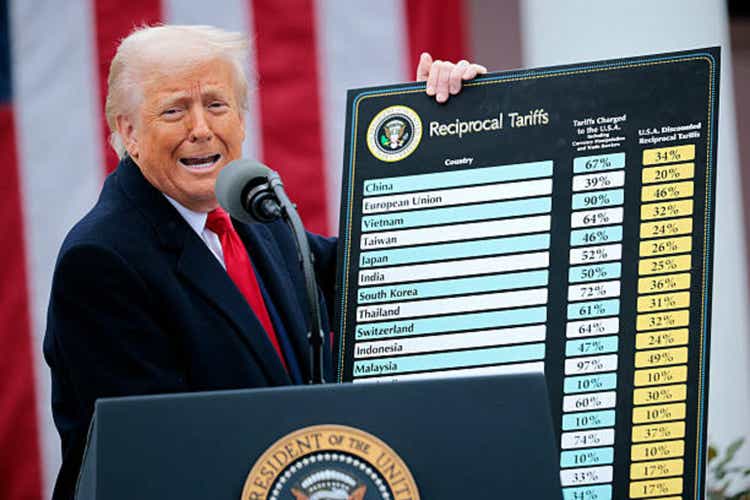PROTECT YOUR DNA WITH QUANTUM TECHNOLOGY
Orgo-Life the new way to the future Advertising by AdpathwayWinning a life-changing amount of money in the lottery, whether it’s six figures on a scratch-off ticket or millions in the Powerball drawing, could give you the financial freedom you desire. Pay off all of your bills. Create a fund for the kids for college. Have plenty of money for travel or retirement.
Up Next: How To Become Rich: 9 Fastest Ways, According To Experts
For You: 5 Types of Cars Retirees Should Stay Away From Buying
But winning the lottery comes with a large list of things to do — and not to do — in the days, months and years after you cash in that ticket. GOBankingRates asked financial experts about the actions to take after winning the lottery.
You’ll want to share your good fortune with the world, but that isn’t advisable, said Evan Shear, a certified financial planner at CrossleyShear Wealth Management in Florida. Don’t even tell your family and friends until you’ve gotten some things in order, he said.
“The best thing to do is to do nothing immediately,” he said. “Interview an attorney, CFP and CPA before claiming winnings and make sure you assemble a team of players that can and will work together on your behalf.”
Experts also said that if your state allows you to accept your lottery winnings anonymously, do so. And be sure not to post about your windfall on social media.
“Do not post it on Facebook/Instagram/blog,” said Herman “Tommy” Thompson Jr., a certified financial planner with Innovative Financial Group in Atlanta. “The scammers will find you on their own. There is no reason to make it easy by self-identifying along with a list of personal contacts, photo identification and those ‘about me’ quizzes that provide the possible answers to your security questions.”
Trending Now: 4 Secrets of the Truly Wealthy, According To Dave Ramsey
Once your team is assembled, work together to chart a course for your winnings.
“Set your goals and write out a plan. Once you understand tax implications, figure out what you want to accomplish short term, mid and long term,” said Emily Irwin, the senior director of advice at Wells Fargo Wealth and Investment Management.
She said the plan could start with paying off debt or buying a home in the short term and then funding goals such as supporting family or purchasing a second home in the longer term.
That plan also can include financial instruments you might never even have heard of, such as a structured settlement.
“Anyone who has bought a lotto ticket has dreamed of a six-figure bank account balance. When you start to get into that size of winnings, you should consider the structured payments for some of the jackpot,” said Doug “Buddy” Amis, a CFP who is the president and CEO of Cardinal Retirement Planning in North Carolina.


 1 week ago
5
1 week ago
5










 English (US) ·
English (US) ·  French (CA) ·
French (CA) ·  French (FR) ·
French (FR) ·